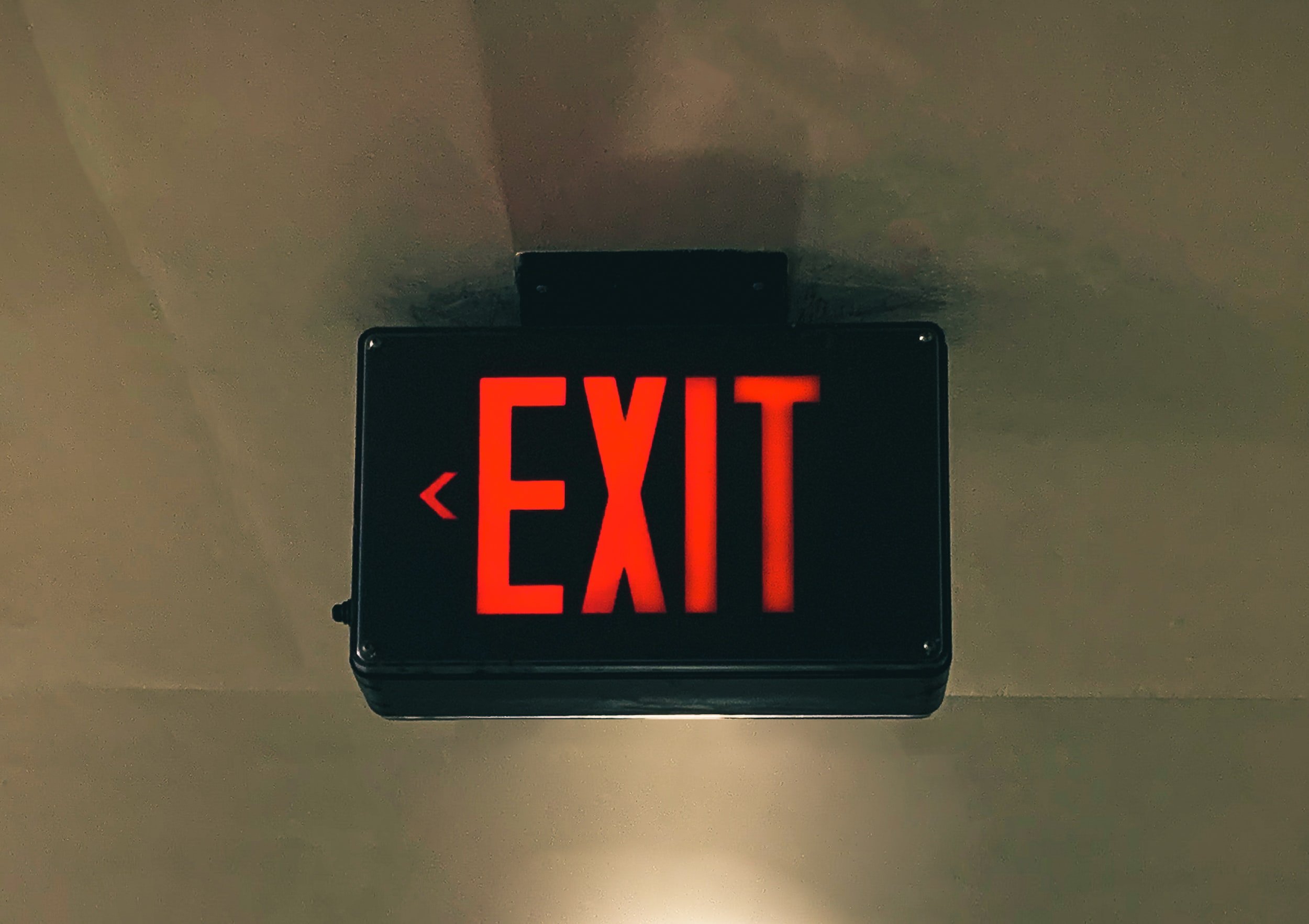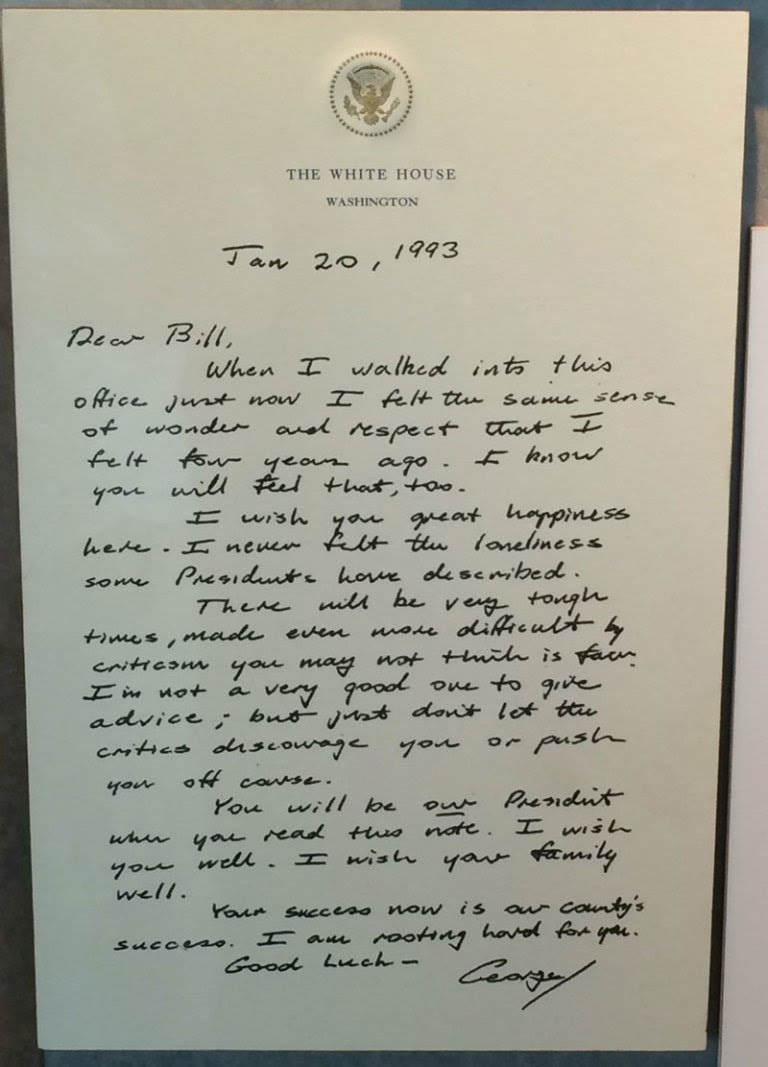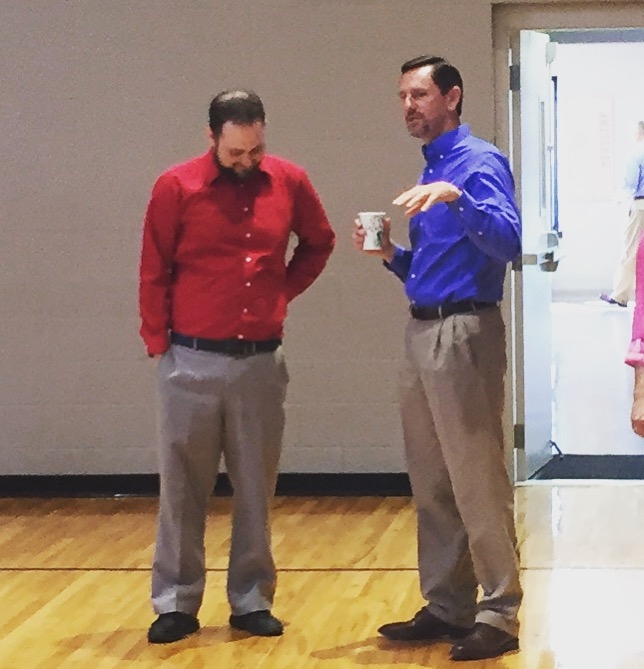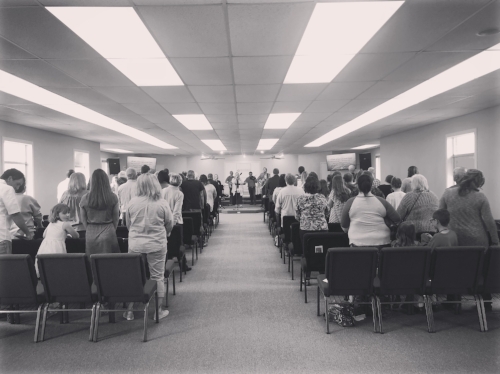Sometimes it’s a phone call, sometimes it’s a text or Facebook message, sometimes it’s even a face to face meeting, but often it’s simply nothing at all. People you’ve prayed for, counseled with, depended on, and shared life together walk away from your fellowship, often without so much as a word. It’s the most difficult aspect of ministry for me by far: when those you love within the church no longer desire to be a part of the church. Sometimes it’s my fault, sometimes it’s their fault, it’s almost always the devil’s fault, and sometimes I don’t know whose fault it is at all, and at a certain point it doesn’t really matter anyway. All I know is that it hurts, at certain seasons almost unbearably so.
One of the hardest realities of ministry is found in the words of Jesus from John 6:67: “Will you also go away?” I don’t know exactly what our Lord was feeling when he asked this question, but part of me so wants to identify with him in that hour. The divine sense of abandonment, betrayal, and investments gone unreturned are all on display, yet the human elements of weakness, frailty, and the struggle to simply endure in ministry also lurk in the background. Our calling is both joyous and sorrowful; it is in sickness and health; it is both the mountain of the Lord and the valley of the shadow of death merged together; jars of clay holding invaluable treasure, yet always on the brink of being shattered. It is Elijah, the prophet of God who never tasted death, nevertheless asking for it at the lowest point of his calling. It is the very nature of the way of the master, to follow in the suffering of his steps. It is a difficult path. It’s been trodden before.
I well remember in the early days of ministry my pastor instructing me not to take things personally. A few weeks later, after a family with tenured membership had mentioned possibly leaving the church and I sensed his sorrowful frustration, I decided in my 20-year-old wisdom to remind him of what he told me, not to take things personally. “Well, it’s hard not to,” was his response after over a half century of experience. Labors of love and ministries of mercy, coupled with the crushing weight of bearing the burdens of soul care, is difficult to explain without sounding melodramatic or Shakespearean in lament, but the very nature of pastoral calling makes the reality between the already but not yet, the kingdom come but still waiting for his will to be done on earth as it is in heaven, all the more evident as time goes on and the day draws near. If you’re trying to do ministry in your own strength and in your own power, dear brothers and sisters, you are out of your mind.
One of the most encouraging realities of ministry is found in Peter’s response to Jesus’s question in John 6:68: “Lord, to whom shall we go? Thou hast the words of life.” Wherever we go, Jesus is there. Faithfulness can be found. This momentary affliction is nothing compared with the glory that shall be revealed. For every unrequited Demas, there is a returning John Mark, found in the midst of the Lord’s redeemed. For every Peter in denial, there is also a Peter restored: “Lovest thou me? Feed my sheep.” The kingdom is yours. Here are the keys.
Let us not make our identities in the roll calls of our attendance or the accomplishments of our success, but simply in the faithfulness of daily pouring out our lives as an offering to the one who gave his all for us. Because regardless of whether you have an earthly meeting, the heavenly conversation never ends. Irreconcilable differences with people are reconcilable with God.
Note: I wrote this article about 5 years ago without publishing. Found it in my notes this morning. Hope it’s encouraging to someone today!

















